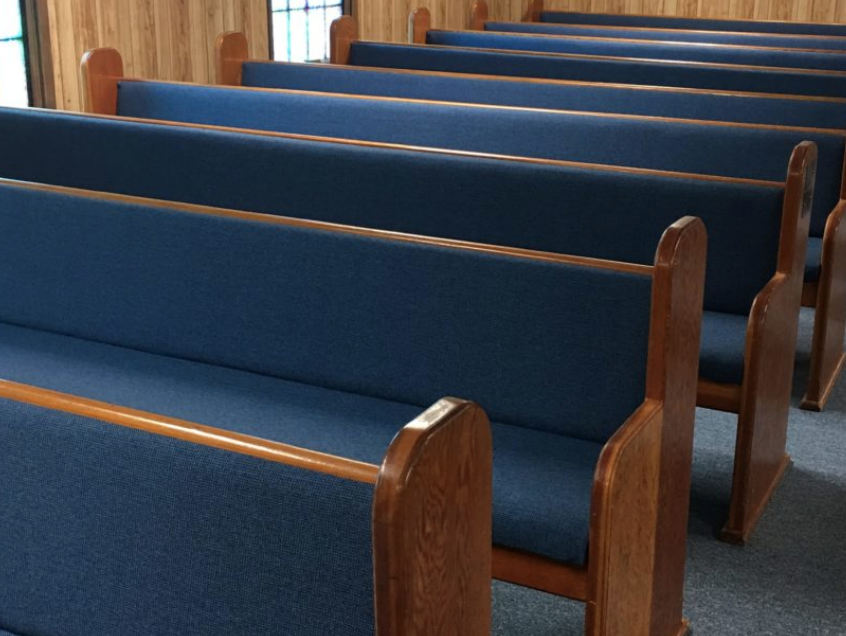Dr. Lorna M. Breen was surrounded by scenes of chaos and death at New York-Presbyterian Allen Hospital that reminded her of a biblical apocalypse.
She told her family it was "like Armageddon."
Hit by the coronavirus herself, she fought to recover and regain strength -- so she could return to work as medical director of the emergency room at the center of the pandemic. On the last Sunday in April, she took her own life.
Was this tragedy caused by pressures at work or by damage from the virus?'
"I know it in my heart, that it was both. She had COVID and I believe that it altered her brain. And then she went back to the most horrific, unimaginable conditions," Jennifer Feist, the doctor's sister, told NBC News.
“For somebody whose life's calling is helping people, and she just couldn't help enough people … the combination was just untenable," she said. "I'm hearing so much, from people who work in healthcare, saying: 'We always have to be brave. … It's not OK to say that you're suffering.' "
A school friend used the same faith-based term -- "calling" -- to describe the doctor's view of her vocation. Mary Williams grew up with Breen at the First Baptist Church in Danville, Pa.
"She was brilliant," she told the Daily Item, in the Susquehanna River Valley. "She had a bright light and she had a compassionate soul and was a lover of people. Becoming a doctor was her best calling."
The coronavirus pandemic has caused stunning levels of stress for doctors, nurses, scientists and other first responders. This is true for religious believers and unbelievers, alike. Professionals are struggling with mental and physical exhaustion, as well as concerns about their own health and the safety of friends and family.
Nevertheless, the pandemic has put unique pressures on those who view their work as a "calling" rooted in their faith, said Rebecca Randall, science reporter for Christianity Today magazine.










